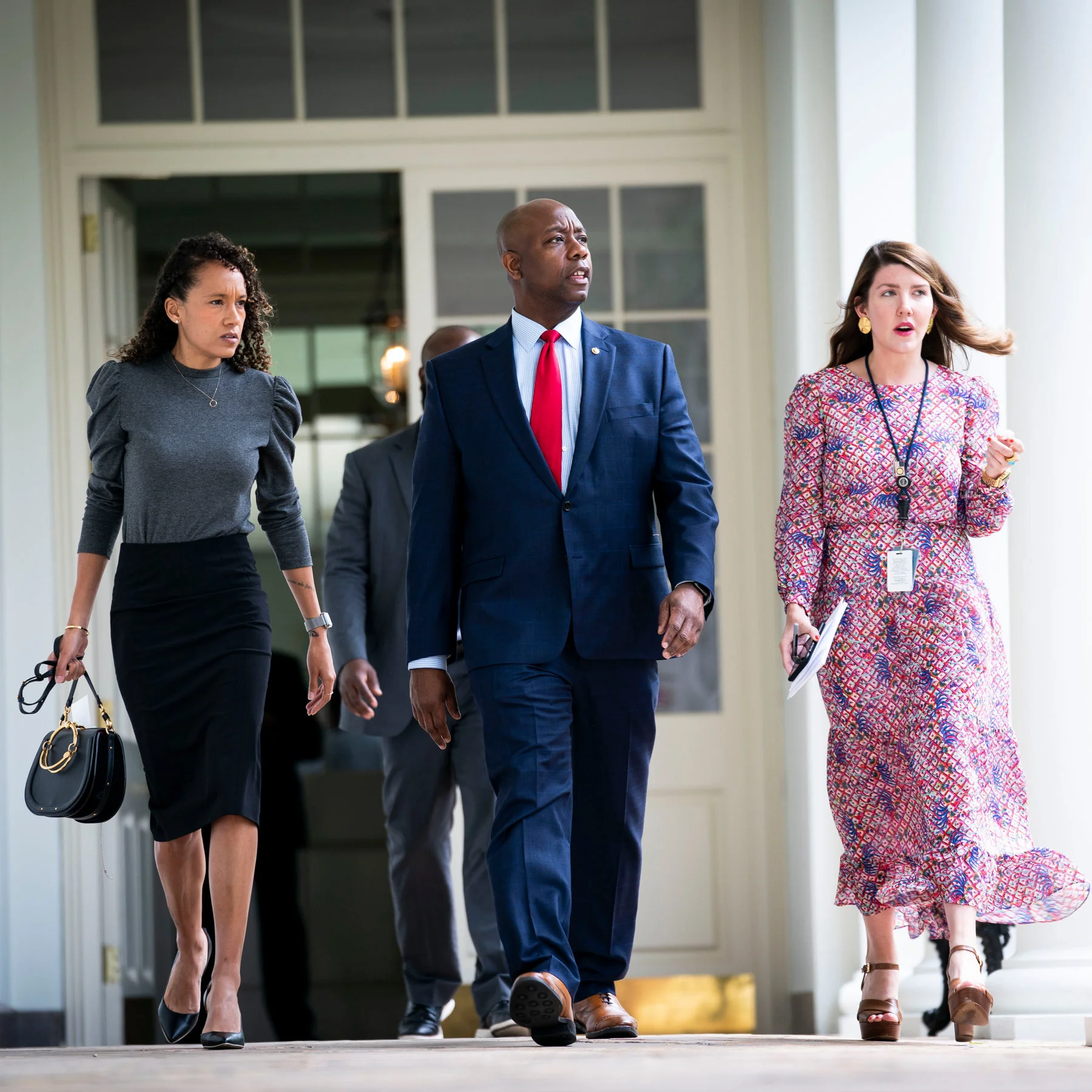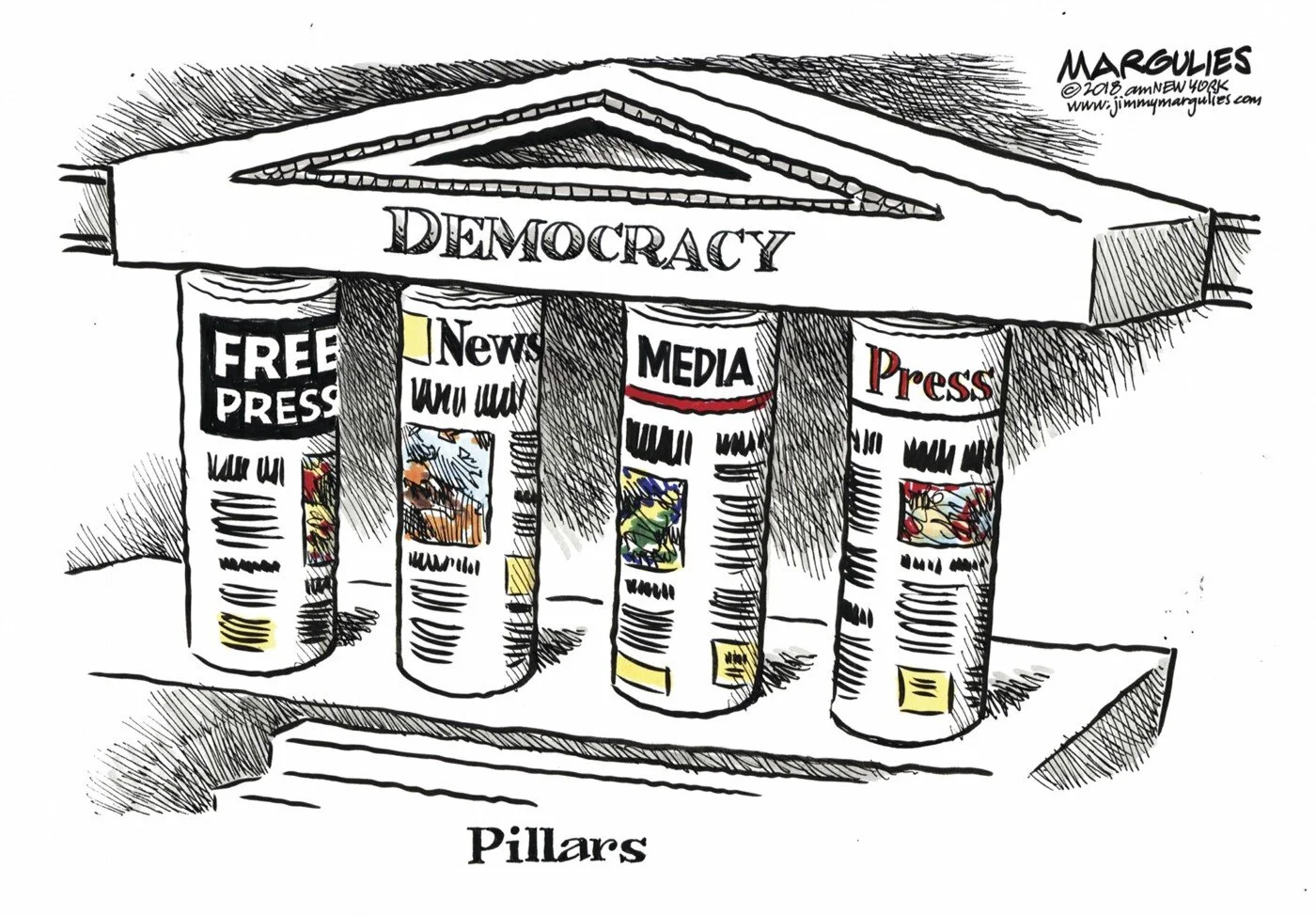State of the Union
Debate Primer: Journalism, Objectivity, or Advocacy?
This week, Political Union will be debating whether journalism should prioritize objectivity over advocacy.
Dialogue Primer: Greek Life
This week, in the place of our planned debate we will be holding a dialogue--not a debate--on everything that’s been on students’ minds recently, and we want to hear your criticisms of and suggestions for the university. This blog post won’t be the same kind of debate primer that you’ve seen each weekend; instead, we thought it would be most helpful to piece together a timeline of the major developments in the campus-wide conversation over Greek life and administrative response.
Debate Primer: Billionaires
This week, Political Union will be debating whether the United States should let billionaires exist.
The Future of Online Moderation
Since the Cambridge Analytica data scandal in 2016, people have been looking far more closely at the influence held by social media companies due to their ownership and usage of data. People across the political spectrum have been criticizing the immense power held by these companies to not only amplify certain voices but quell and dispose of dissenting views. Whether you agree with their right to do so, it is impossible to deny the immense power very few companies have over the public discourse of the entire planet.
Can Electoral Reform Occur Given Politicians’ Self-Interested Nature?
Western politicians frequently talk a big game about democracy, but when push comes to shove, most will almost always prioritize self-interest over principle. This is perhaps most evident to my predominantly left-American audience when the Republicans do things like block DC statehood, which if enacted would help alleviate the Senate’s undemocratic Republican lean (the median state is 6.6 points redder than the median voter). However, I have no doubt the Democrats would’ve done the exact same thing had the two parties’ roles been reversed, as center-left parties pull these stunts all the time.
Surveillance Is Security? Think Again
Over the past few decades technology has advanced at an astonishing rate; from floppy disks to early progress in artificial intelligence, things have changed the world around us. Many have seen this advance in technology as a good opportunity to address a problem that has stuck with us since the beginning of time: crime. With advanced facial recognition technology, surveillance cameras on street corners, and an enormous database to store every individual’s information, law enforcement can easily identify and track down those breaking the law with a simple search.
The Death Penalty: Cruel and Costly
On Dec. 23 1991, Cameron Todd Willingham was found guilty of an act of arson that resulted in his three children being burned alive. He was forced to pay the ultimate price for his crime: death.
Debate Primer: Organ Sale
This week, Political Union will be debating whether the United States should legalize the sale of organs.
Surveillance Is Security? Think Again
Over the past few decades technology has advanced at an astonishing rate; from floppy disks to early progress in artificial intelligence, things have changed the world around us. Many have seen this advance in technology as a good opportunity to address a problem that has stuck with us since the beginning of time: crime.
A Recent History of Money in Politics
Over the last decade, voters have voiced concerns on the increasing role of money in politics. The claim of campaign finance disparities and their potential to subvert our democracy propelled the issue to the forefront political discourse. Leading politicians such as Bernie Sanders to speak out against the issue, warning that “wealthy contributors can literally buy politicians and elections by spending hundreds of millions of dollars in support of the candidates of their choice.” The U.S. has regulations governing campaign finance and the stringency of these rules vary widely over the years. What has contributed to the growing importance and attention dedicated to campaign finance law?
The 51st State?
The Washington, D.C. statehood movement is gaining momentum. On Thursday April 22, the House of Representatives passed H.R. 51, the Washington, D.C. Admission Act, by a vote of 216 to 208 with all votes following party lines; the Democrats supported statehood, and Republicans opposed it. Despite the thin margin of victory, supporters of the statehood movement have good reason to be satisfied: this marks just the second time a statehood bill has been passed by the House and only the third time such a bill has reached a vote since 1990.
Debate Primer: No First Strike
This week, Political Union will be debating whether the United States should impose a No First Use policy for nuclear weapons.
Tim Scott: A Man the GOP Should Get Behind
On Wednesday, April 28th, President Biden gave his first speech to a joint session of Congress. Immediately following the President’s address, U.S. Senator Tim Scott (R-S.C.) gave the official Republican response to the speech. Scott’s speech could be described as predictable, basic, or bland; he hit mainstream GOP talking points on school reopenings, immigration, and President Biden’s $2 trillion infrastructure bill.
How Colombia’s Recent Protests Are Testing the Country’s Fragile Peace
Starting in late April, Colombians took to the streets to protest tax and health-care policies of President Iván Duque Márquez. The violent protests have seen at least 25 people killed and hundreds more injured, with police brutality fueling anti-government dissent across the country. The startling increase of intensity in the protests point to something larger underlying Colombia’s internal dissent: the unresolved 56-year civil war between guerilla groups and the government plays a major role in the current tensions that exist within the country.
If you are afraid of Trump, care about Section 230
Section 230 of the Communications Decency Act was drafted in 1996, and has shaped the foreground of user-generated content on the internet---relevant to everything from tweets to sex-trafficking to Airbnb; Section 230 is the single most influential piece of legislation impacting Silicon Valley giants to date.
Debate Primer: Standardized Testing
This week, Political Union will be debating whether Universities should not consider standardized test scores in their undergraduate admissions processes.
Debate Primer: Boycotting the Olympics
This week, Political Union will be debating whether the United States should boycott the 2022 Olympics hosted in Beijing, China. Here are some resources to prepare for the debate.
Meet our editors
Felix Beilin is a junior majoring in political science and journalism. His areas of interest include political communication and the politics of Europe.
Connor Caserio is a freshman with an undecided major. He is interested in environmental politics, international relations, and transportation and infrastructure policy, among other issues.
Parker Stava is a freshman studying biology, Science in Human Culture, and political science. He is interested in the intersection of science, religion, and politics. Additionally, his political interests include congressional and presidential politics, domestic issues, and voting patterns.





















